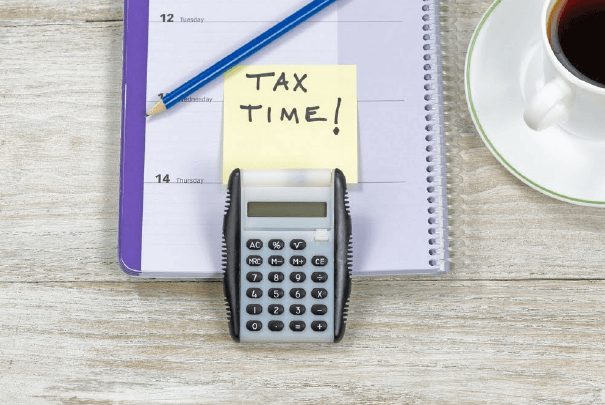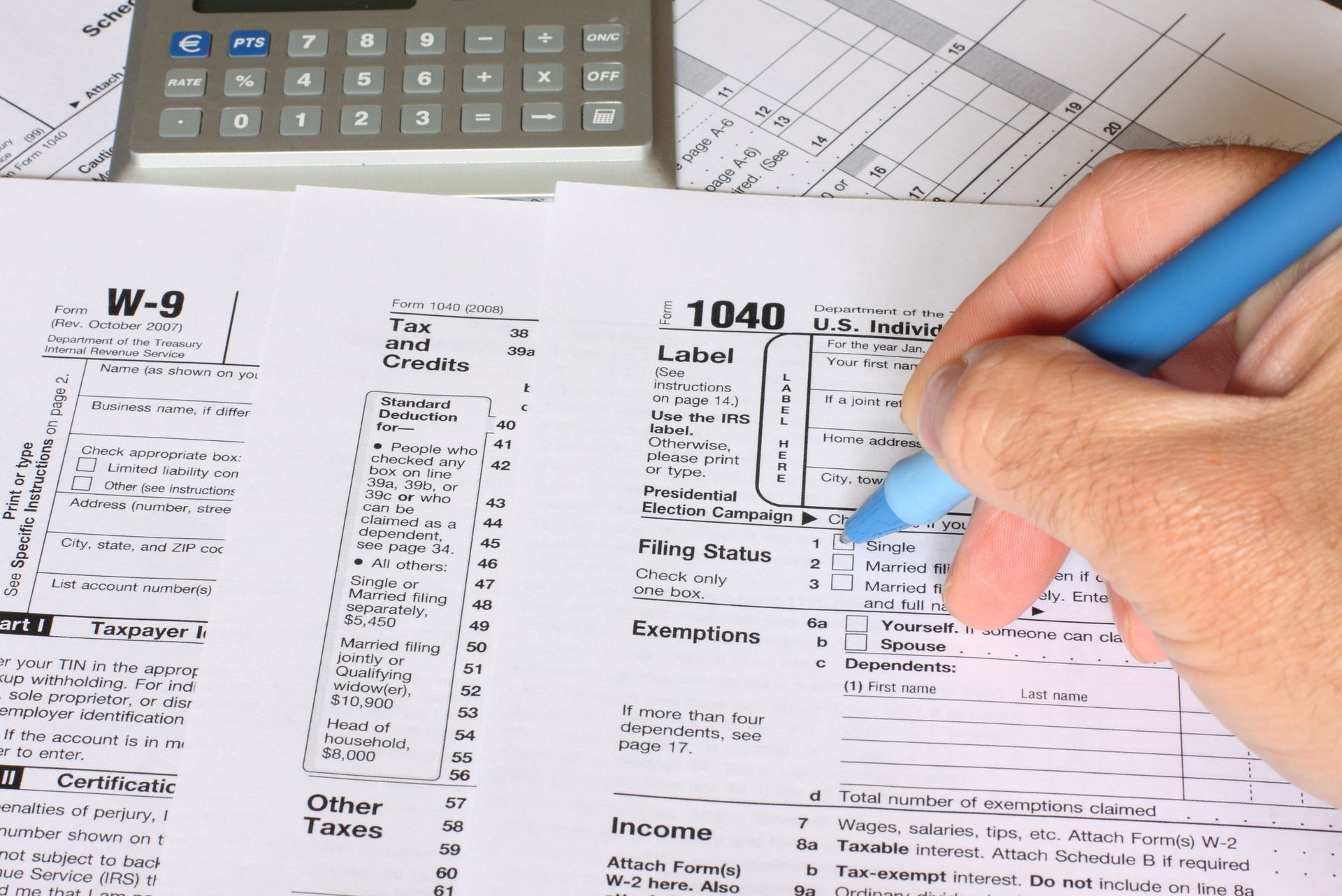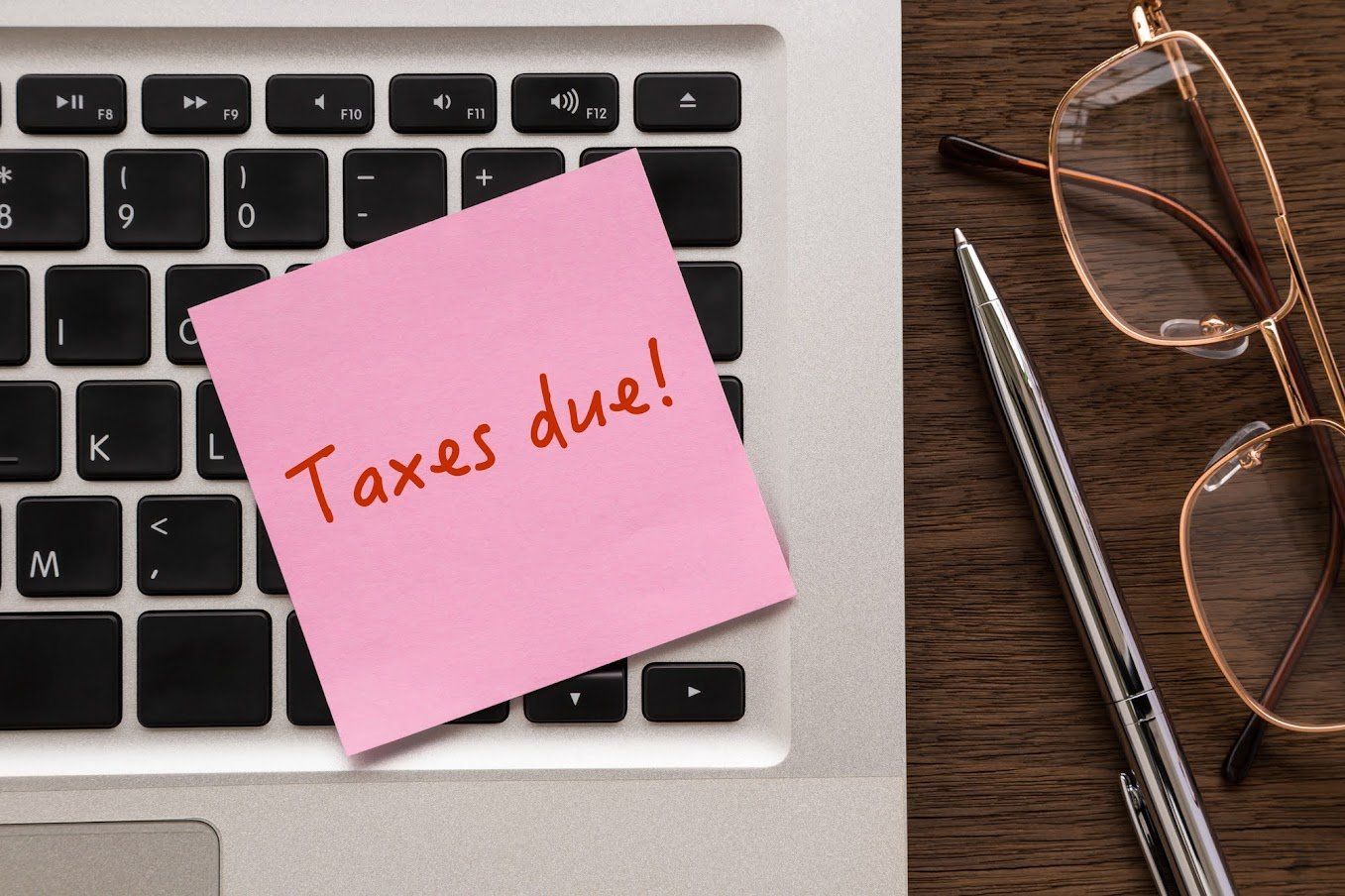Quarterly Tax Payments - What You Need to Know

Have you been told that you must - or should - file estimated tax payments? Most Americans aren't familiar with the system for doing estimated tax payments, as their employer's withholding system does most of the work for them. But estimated tax payments - often called quarterlies - are an important part of avoiding unnecessary tax bills, penalties, and surprises from the IRS. Here's what you need to know about them.
Why Pay Quarterlies?
Basically, estimated tax payments are due when other means of paying your taxes throughout the year are insufficient to meet your expected tax bill. This is because the U.S. tax system is 'pay as you go' to help ensure that every taxpayer fulfills their annual obligation.
Businesses are generally subject to estimated payments because there is no other mechanism for them to pay taxes in increments. However, individuals may also need to make payments when they get income from less common sources - things like sole proprietorships, royalties, farm income, retirement money, a side gig, or a taxable windfall. This can be required in lieu of employer withholding or in addition to it.
How Are Quarterlies Paid?
Quarterlies are generally paid either by check or through electronic payment options provided by the IRS and state tax agencies. Federal taxpayers may use Form 1040-ES (for individuals) and Form 1120-W (for corporations) to remit funds. Each state with an income tax usually has its own remittance forms as well.
The IRS records payments within the taxpayer's account, where they can be confirmed at any time. When the taxpayer completes their annual income tax forms, the payments are added up and credited to their form. Any remaining amount is due by the tax deadline.
When Are Quarterlies Paid?
As their name suggests, quarterlies are generally due once per quarter (three months). The standard dates are April 15, June 15, September 15, and January 15 of the following year. However, while these are the deadlines for the amount due each period, you may pay this in advance if you wish. For instance, a business might send payments weekly, biweekly, or monthly - as long as it meets the deadline.
How Are Quarterlies Calculated?
The amount necessary for each estimated payment is usually based on two numbers. The first is your tax obligation from the prior year (if applicable). For the IRS, your withholding and estimated payments should cover at least 100 percent of the amount due for federal taxes the prior year.
The second calculation is your current expected tax bill. Withholding and estimated payments (and any other source of payments) should cover at least 90 percent of the current year's bill. And any taxpayer who expects to owe more than $1,000 in April is subject to additional estimated payments.
What If You Don't Do Quarterlies?
Quarterly payments are an inconvenience and an expense. So, why do them? The first reason is to avoid extra fees, interest, and penalties. Taxpayers who owe $1,000 or more when filing their taxes are subject to a penalty. In addition, penalties and interest are added based on how many days late your payments - including those which missed quarterly deadlines - are.
Penalties aren't the only problem. The taxpayer who didn't file quarterlies will find themselves stuck with a large tax bill on April 15. This bill could be hundreds or thousands of dollars, all due immediately. And few taxpayers have that much extra cash lying around. Most are much better off paying their bill in smaller increments as they earn the income.
Where Should You Start?
Want to know more about paying quarterly estimated taxes? Need help figuring them? Start by meeting with the tax professionals at Bliss & Skeen, CPAs. We will work with you to identify your quarterly payment obligations, determine the best route to minimize costs, and help you make your remittances. Call today to get started.















